CookingSubstitutes is a blog dedicated to exploring suitable alternatives in recipes, providing helpful how-to guides, and sharing mouthwatering recipes.
We're here to make your culinary adventures even more delightful!
11 Best Substitutes for Cloves
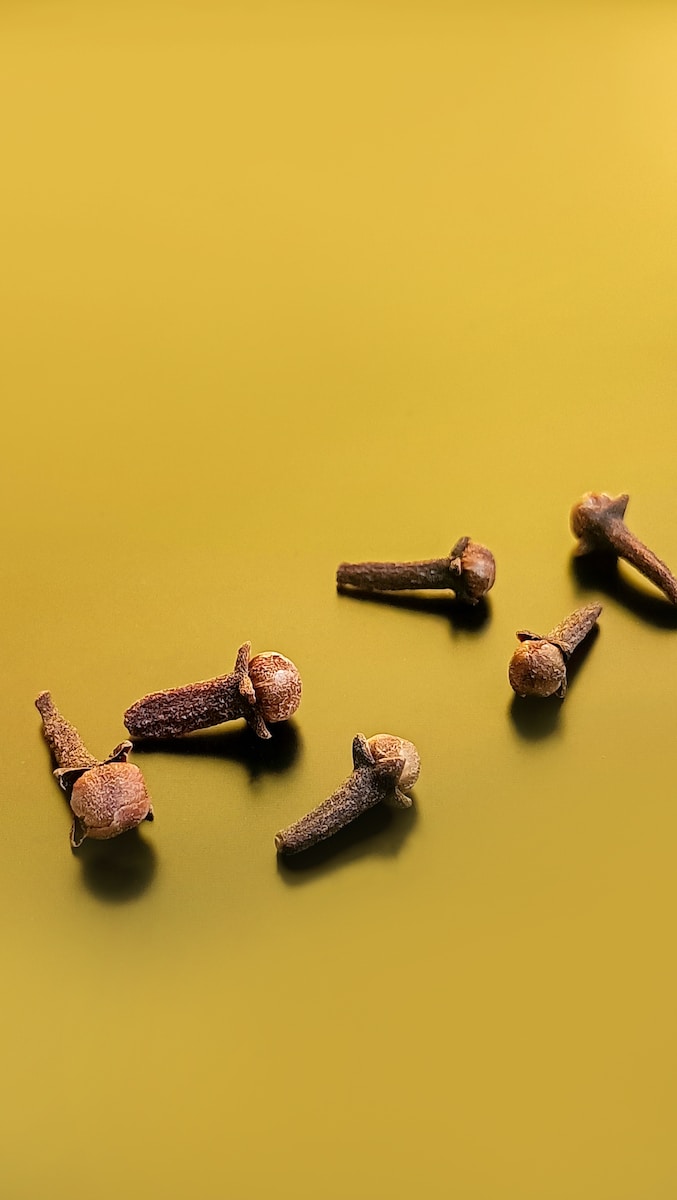
Cloves are a versatile spice with a distinct flavor and aroma. They are widely used in cooking and have various medicinal benefits. However, there may be situations where you run out of cloves or need to find an alternative due to personal preferences or dietary restrictions.
In this article, we will explore the best substitutes for cloves that can add a similar flavor profile to your dishes.
What Are Cloves?
Cloves are the dried flower buds of the Syzygium aromaticum tree, native to Indonesia.
They have a warm, sweet, and slightly spicy taste, along with a strong, aromatic scent. Their flavor can be described as a combination of sweet, earthy, and peppery notes.
Cloves are commonly used in both sweet and savory recipes, including baking, spice blends, stews, and pickling.
Factors to Consider When Choosing Substitutes For Cloves
When selecting substitutes for cloves, there are a few important factors to consider.
First, you need to evaluate the flavor and aroma profile of the substitute to ensure it complements the dish you are preparing.
Additionally, consider the intensity of the substitute, as cloves have a strong flavor, and you don’t want to overpower the dish with the substitute’s taste.
It’s also essential to think about the cuisine or specific recipe you’re working on, as some substitutes may be more suitable for certain dishes.
Finally, take into account any allergies or sensitivities you or your guests may have.
Best Substitutes for Cloves
Allspice
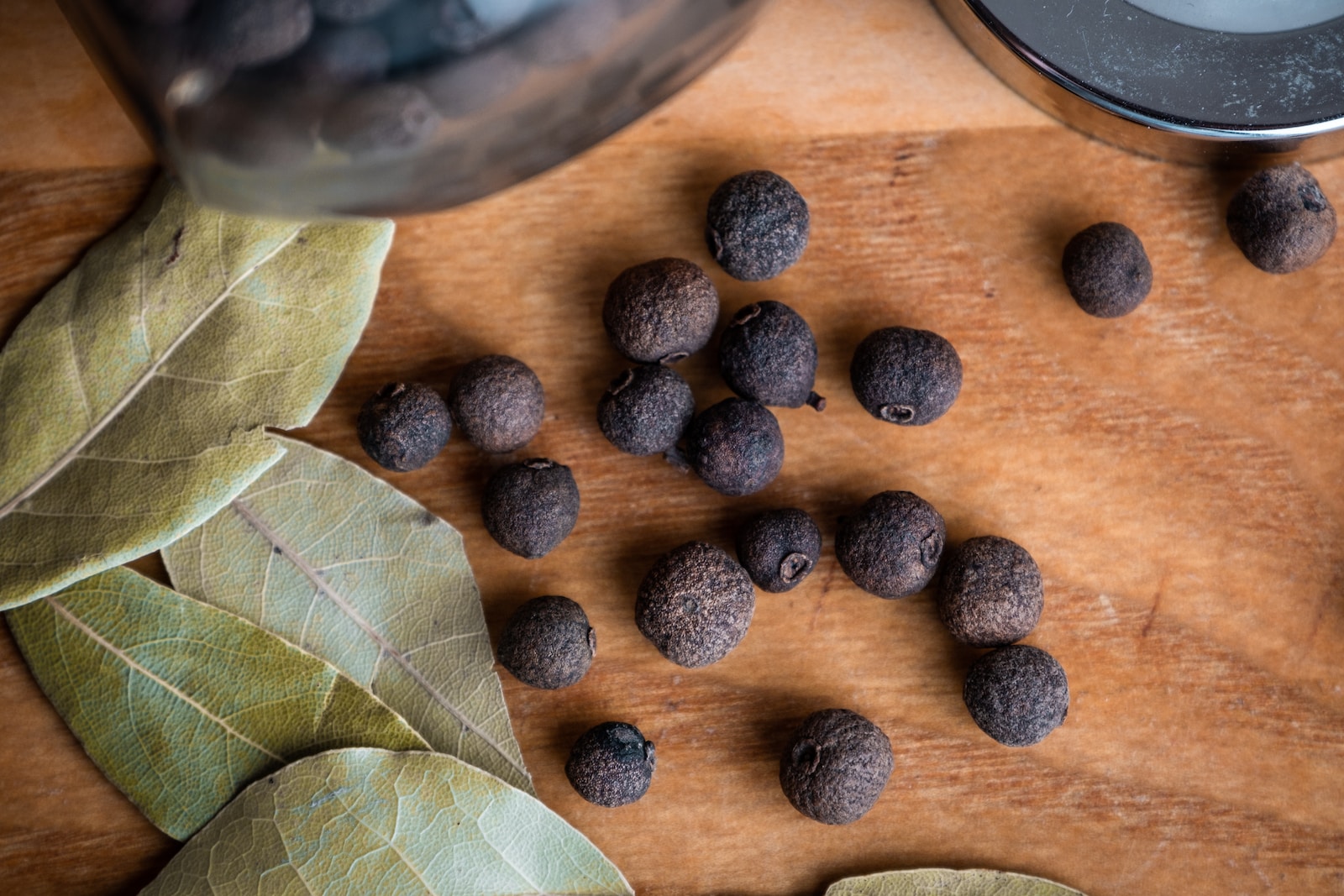
Allspice is derived from the dried berries of the Pimenta dioica tree. It has a flavor profile reminiscent of cloves, cinnamon, and nutmeg, with hints of pepper. Allspice can be used as a 1:1 substitute for cloves in most recipes.
Read: Best Substitutes For Allspice
Cinnamon
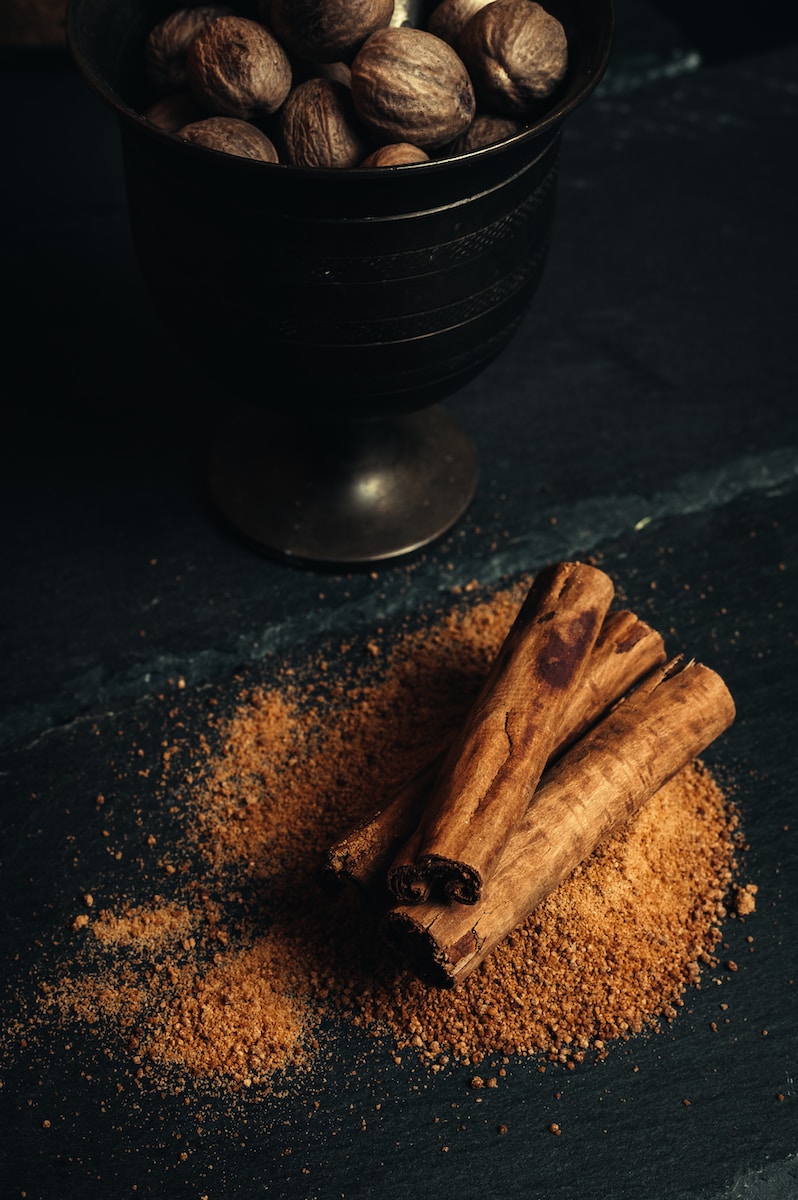
Cinnamon is a widely available spice with a warm and slightly sweet flavor. While it doesn’t have the exact taste of cloves, it can add a pleasant warmth to your dishes. Use cinnamon in a smaller quantity compared to cloves, as it can be overpowering.
Nutmeg
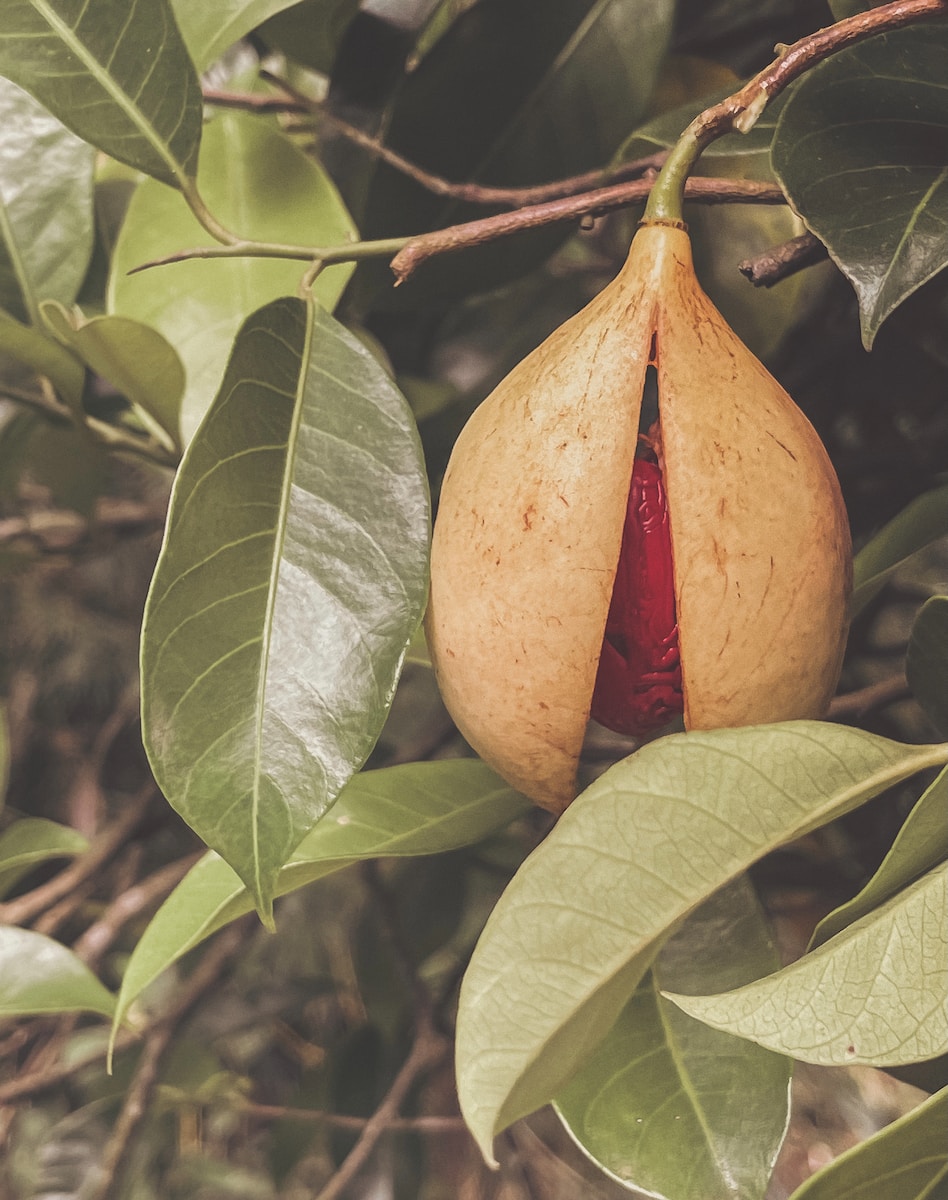
Nutmeg has a warm and nutty flavor with hints of sweetness. It can be a suitable substitute for cloves in both sweet and savory dishes. Grate fresh nutmeg or use ground nutmeg as a replacement, adjusting the quantity according to your taste.
Cardamom
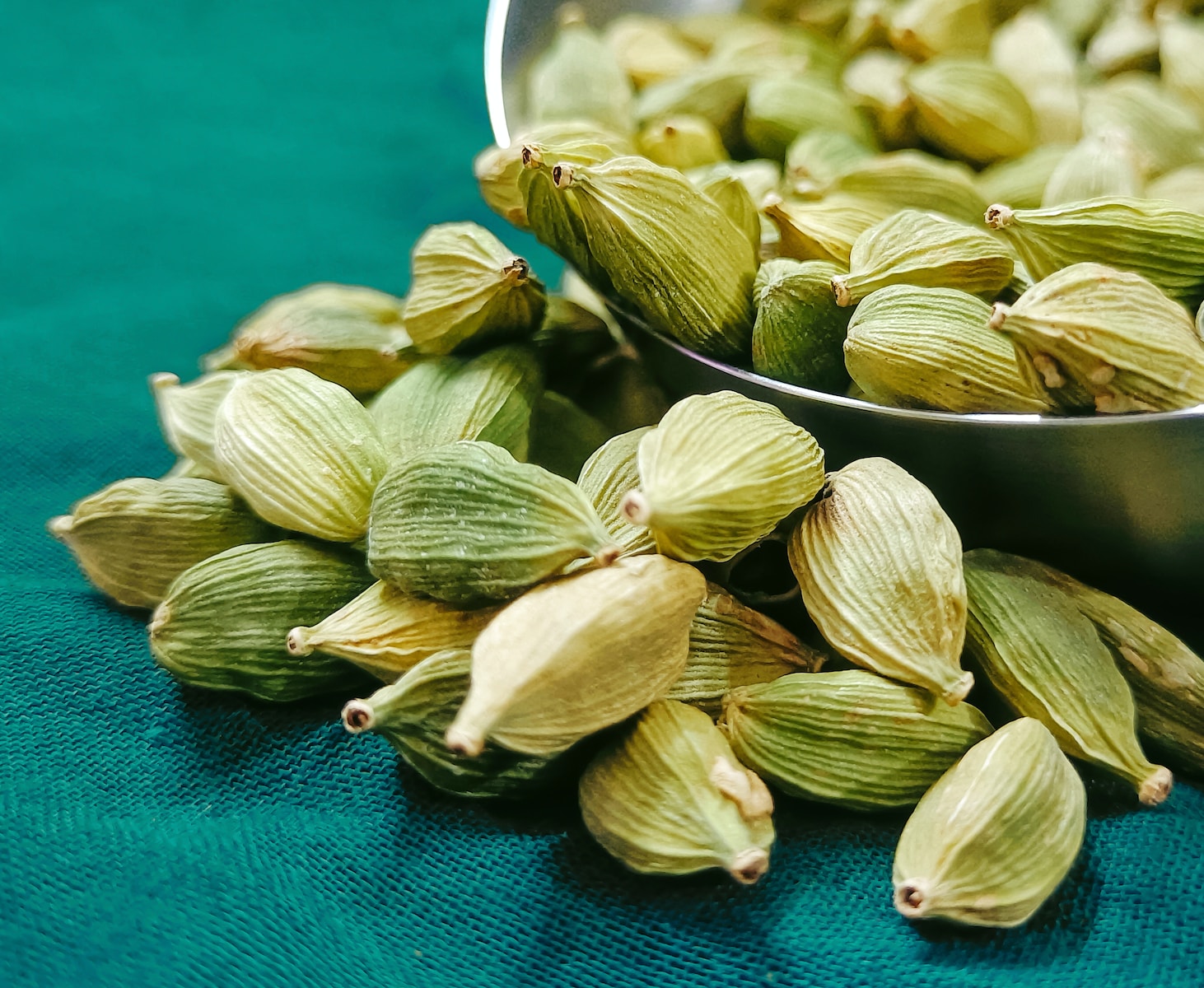
Cardamom has a unique aroma with hints of citrus and herbal notes. It can add a similar warmth and complexity to dishes, making it a viable substitute for cloves. Use ground cardamom or crush the pods to release the flavorful seeds.
Anise Seed
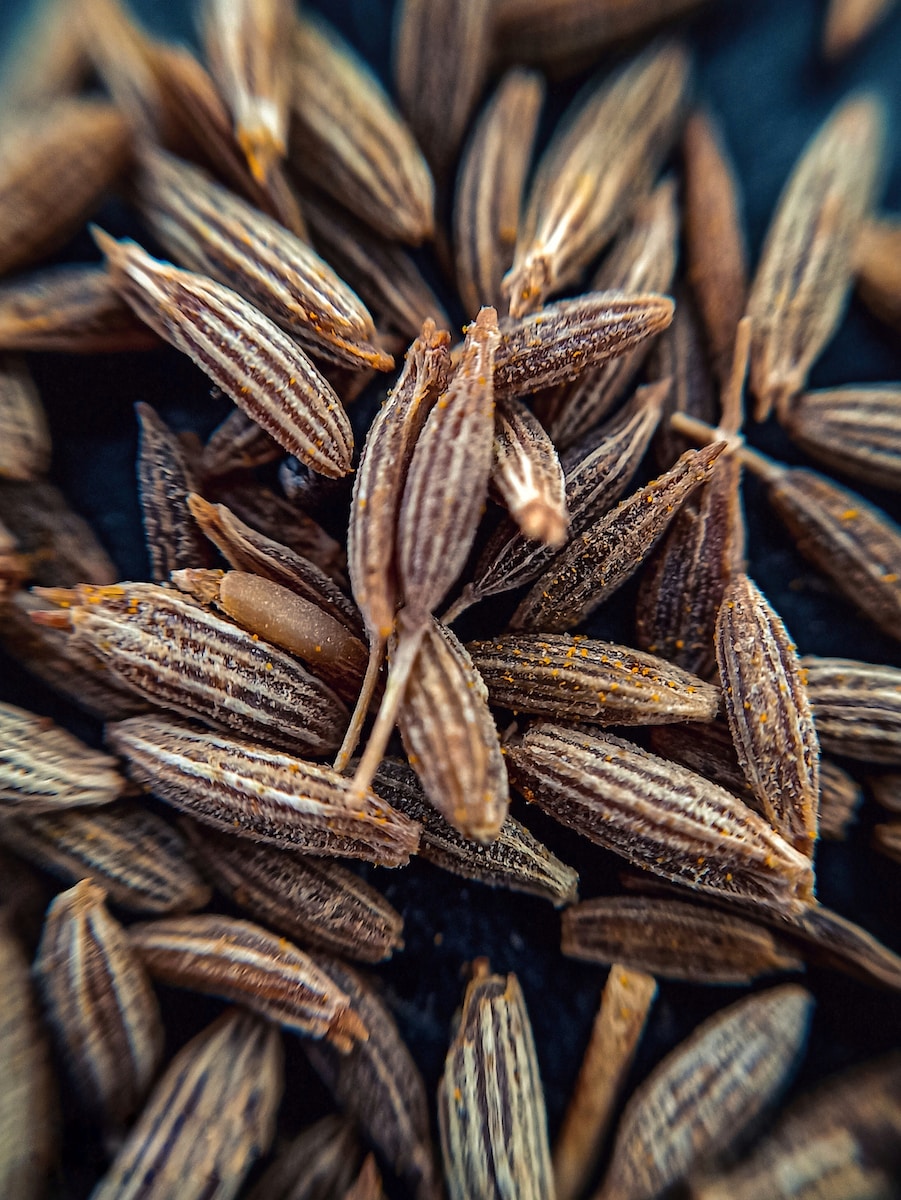
Anise seeds have a licorice-like flavor and can provide a distinct taste to your recipes. While not identical to cloves, anise seeds can add a pleasing aromatic note. Use them sparingly, as they have a strong flavor.
Fennel Seed
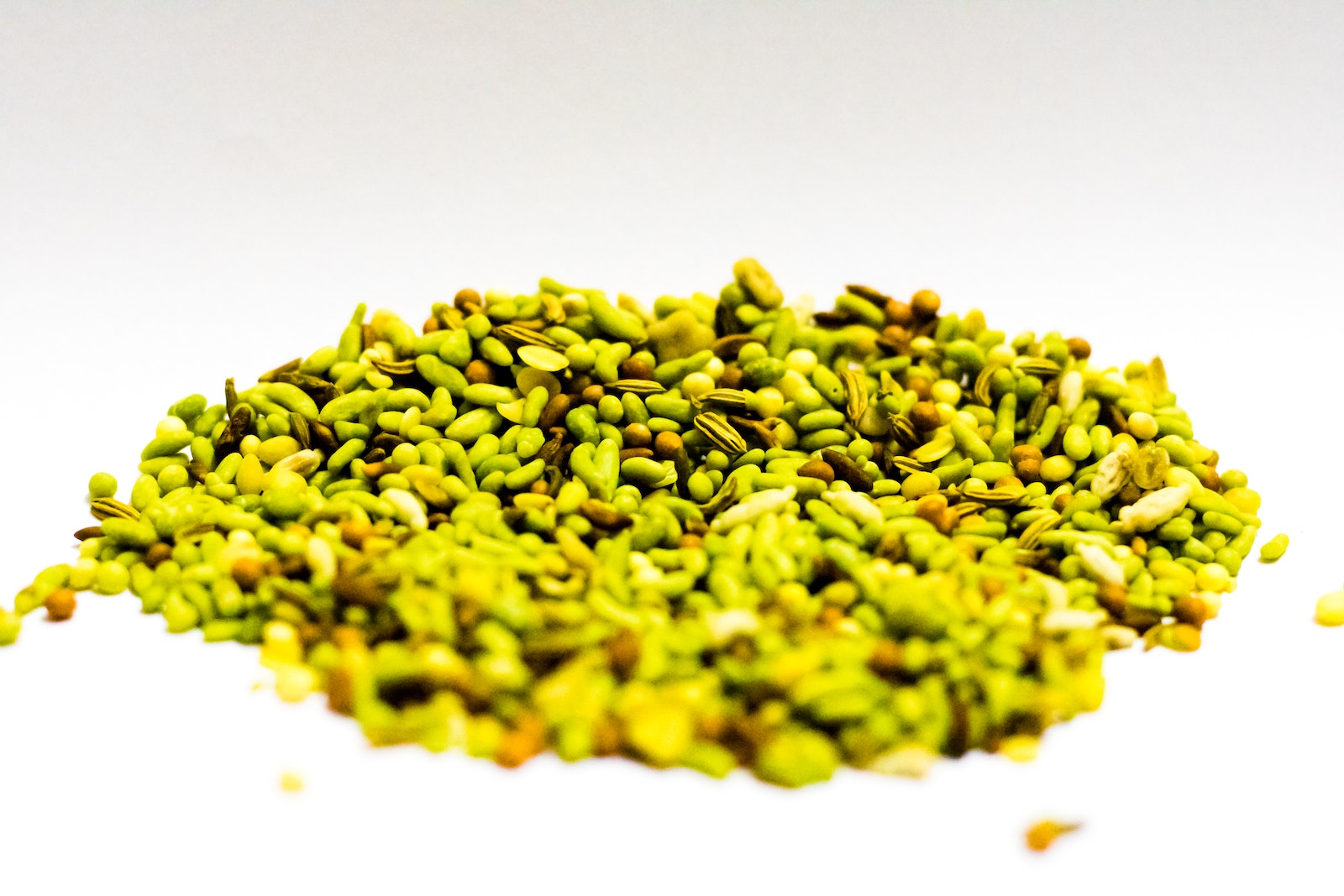
Fennel seeds have a mild licorice taste, similar to anise seeds. They can be used as a substitute for cloves, especially in savory recipes. Toasting the fennel seeds before using them can enhance their flavor.
Star Anise
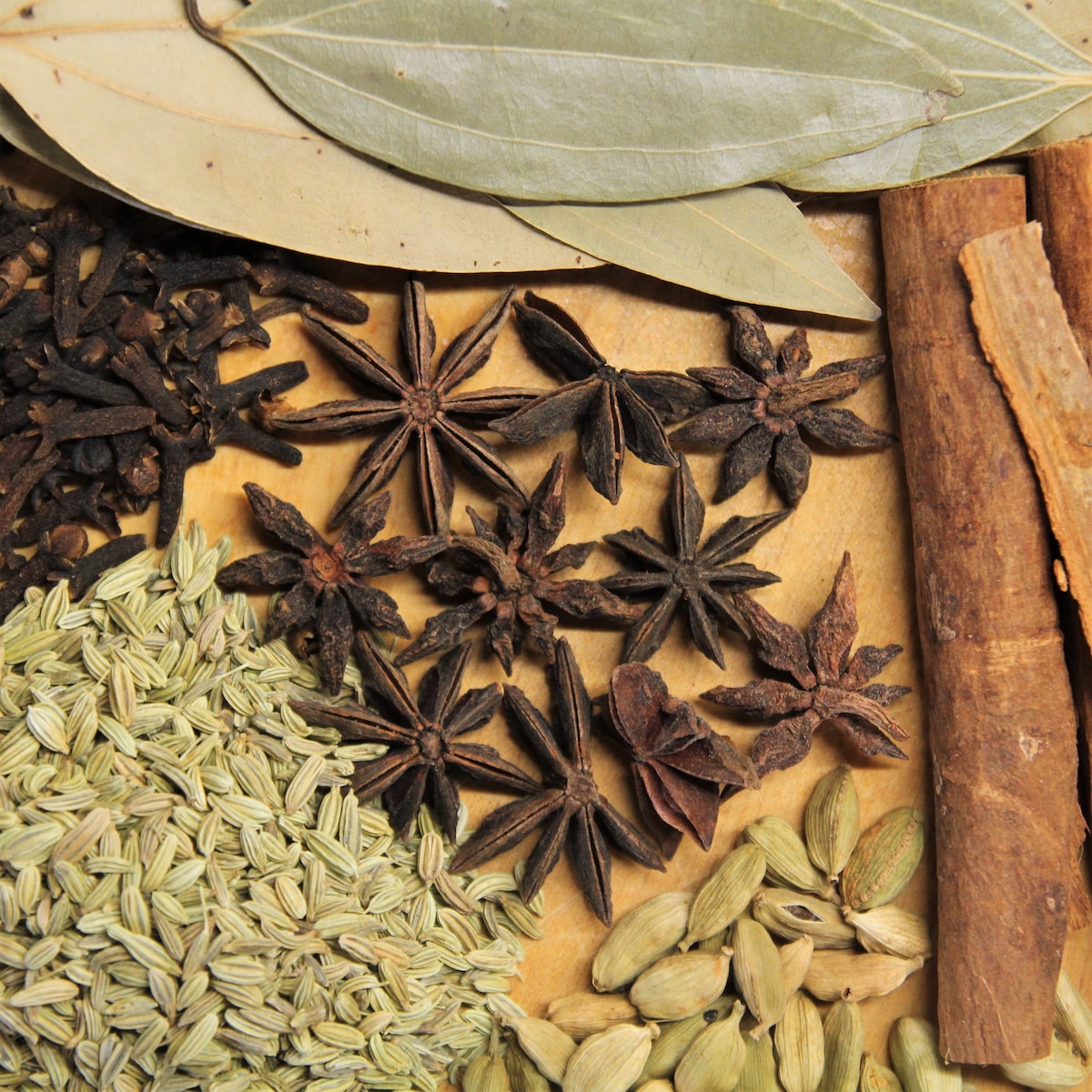
Star anise has a stronger flavor compared to anise seeds, with a pronounced licorice taste. It can be used as a substitute for cloves in certain recipes, particularly in Asian cuisine. Use star anise in moderation, as its flavor can be overpowering.
Ginger
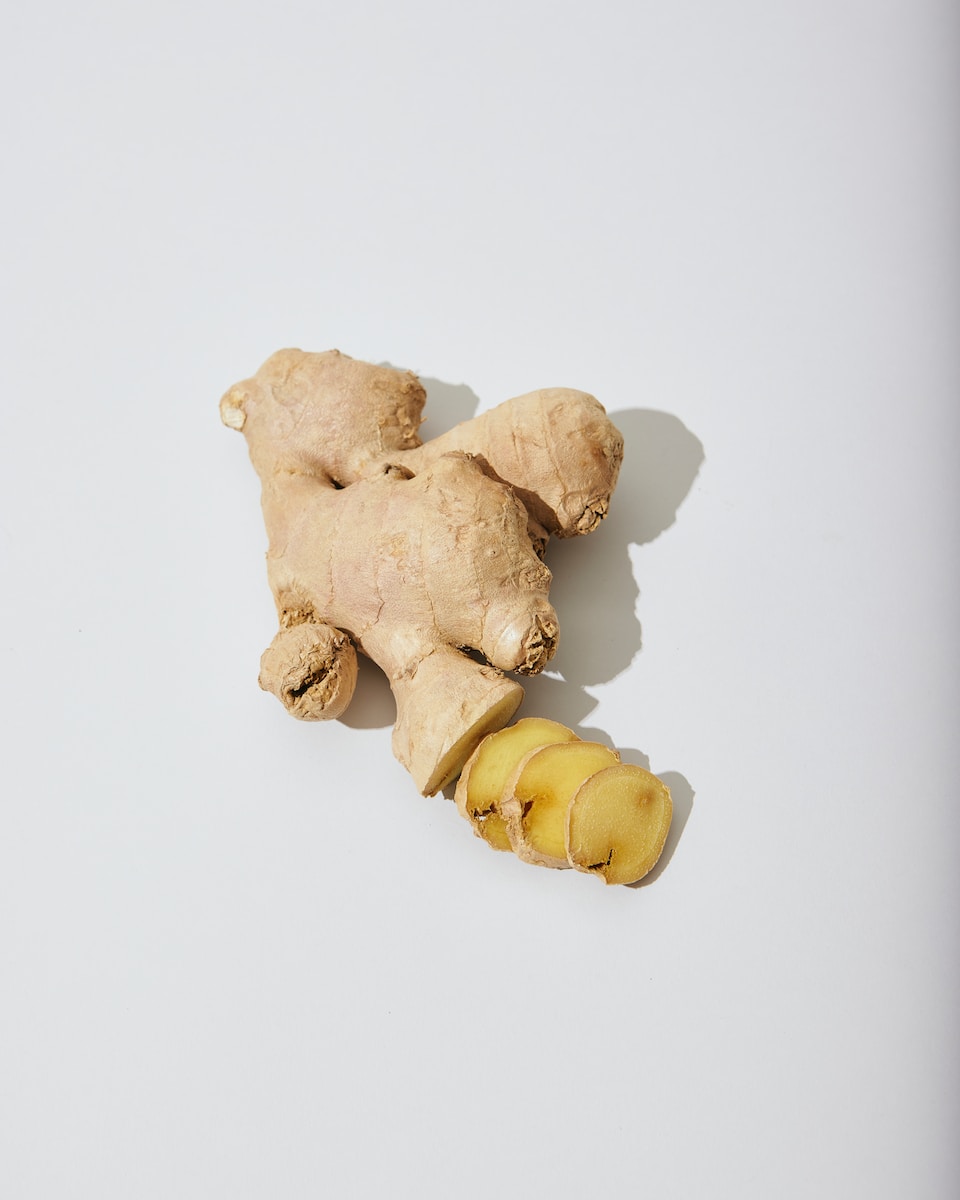
Ginger has a warm and spicy taste that can provide a pleasant kick to your dishes. While it doesn’t have the exact flavor of cloves, it can be used as a substitute in some recipes. Fresh ginger or ground ginger can both work as alternatives.
Mace
Mace is a spice derived from the outer covering of nutmeg seeds. It has a similar flavor profile to nutmeg but with a slightly more delicate and floral aroma. Use mace as a substitute for cloves in smaller quantities.
Pumpkin Pie Spice
Pumpkin pie spice is a blend of warm spices like cinnamon, nutmeg, ginger, and allspice. It can be a convenient substitute for cloves in baking and dessert recipes, particularly those with pumpkin or winter squash.
Clove Oil (in moderation)
Clove oil is highly concentrated and can be used sparingly as a substitute for ground or whole cloves. It provides an intense clove flavor and should be used with caution, as excessive amounts can overpower the dish.
How to Use These Substitutes
To use the substitutes effectively, consider the following tips:
Recipe Ideas with Clove Substitutes
Here are a few recipe suggestions where you can incorporate the substitutes for cloves:
Precautions and Caveats
While the substitutes mentioned above can provide similar flavors to cloves, it’s important to keep the following precautions in mind:
FAQs
While whole cloves can be used in some recipes, they may not provide the same level of flavor intensity as ground cloves. Grind the whole cloves using a spice grinder or mortar and pestle for more consistent results.
Absolutely! Substitutes like cinnamon, nutmeg, or pumpkin pie spice can be used in various baking recipes, such as cakes, cookies, and pies. Adjust the quantities based on the desired taste.
Many of the substitutes mentioned, such as cinnamon, ginger, and cardamom, have their own health benefits, including anti-inflammatory properties and aiding digestion. However, it’s important to consult with a healthcare professional if you have specific health concerns or conditions.
Certainly! Feel free to experiment with combinations of substitutes to achieve a unique flavor profile. Just remember to taste as you go and make adjustments accordingly.
Conclusion
Finding suitable substitutes for cloves can open up a world of flavors in your cooking. Whether you’re experimenting with new recipes or dealing with a shortage of cloves, the substitutes mentioned in this article offer a range of options to enhance your dishes.
Remember to consider the flavor, aroma, and intensity of each substitute, and adjust accordingly. Embrace the opportunity to explore different spices and flavors, and enjoy the creativity in your kitchen.



